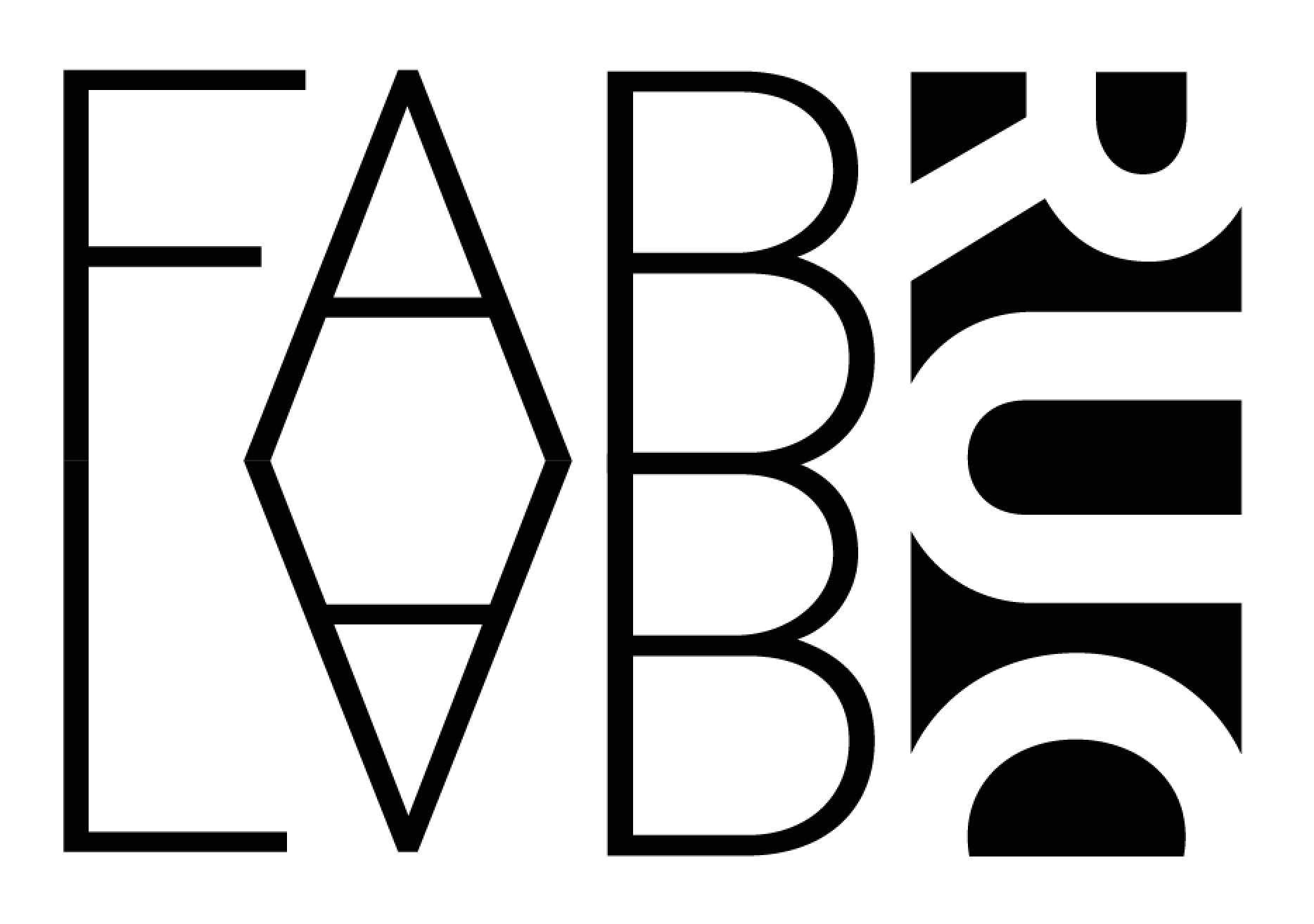About & Background
Background
Biological sciences and technology have advanced a lot the recent years. It is now possible to modify, monitor, grow and cultivate everything from genes, enzymes, single cell organisms and up to multicellular organisms and entire ecosystems. Industries that are currently mastering biological technologies are the agricultural “industry”, greenhouse nursery gardens, the pharmaceutical industry, waste water treatment and “white” industrial biotechnology.
The new disciplines within biotechnology as synthetic biology, biohacking and citizen science is also mentioned as drivers of the next industrial revolution. The next “biological” IBM or Apple is going to grow out of a garage or a wet fablab, where the technological tinkering is currently taking place. These new projects will give us personalised medicine, cyborgs and self-sustainable living houses. Whether you believe in this narrative or not, a strong development and democratisation of the biotechnological sciences are taking place these years, that far extend the classical natural science frame. It involves other disciplines as political science, social studies, the humanities, philosophy, art and design. This development at the same time stands on top of and is enabled by the classical natural science disciplines as mathematics, chemistry, physics and biology.
There is a large urge in society, we want to be “Sustainable” and connect with nature. We see a large rise in projects, startups and products that all claim to be “green”. The average citizens are experimenting with recycling, composting, urban gardening, vegan lifestyle, aquaponics, living design and biomaterials. But working with living matter or organisms is not trivial and citizens, designers and architects are struggling with integrating living organisms into our everyday life. Into our homes, into product design and into our kitchens. Current design and engineering principles assumes that you are working with stable dead matter, while living matter, that has it’s own agency and life, requires constant flow and input. It cannot be put on pause and left on the desk for the weekend.
At BioFabLab RUC we want to offer two alternative ideas about biology. You don't need a large advanced and fancy laboratory with high tech precision instruments to do biological and biochemical experimentation. Secondly, we focus on applying the biological and biotechnological knowledge that is already out there, in ways that's relevant for individual citizen in their life.
Global impact on education and society
aim
BioFabLab RUC is a development project with the aim of establishing a new large fablab at RUC, containing several laboratories and makerspaces, including a biofablab. The aim is to strengthen the unique interdisciplinary problem based teaching and research methodologies that have been pioneered at RUC. The labs-of-labs offer an opportunity to learn hands-on in a world where you soon can take all university courses online and for free. Further the biofablab wants to contribute to an international debate on the future "sustainable" "green" biobased society and what this means.
A next step for RUC
RUC is a natural choise for the first danish biofablab as:
- RUC is already leading within the Fablab- and maker movement.
- The project based learning at RUC, enables the students to use the lab as an integrated part of their studies from their first day at RUC
Strengthening RUC
A lot has happened since the project oriented learning philosophy was pioneered at RUC. Now the maker movement, digital fabrication, free online university level courses challenges the existing learning paradigms. The new Fablab / Biofablab wants to enable RUC to:
- Develop their society oriented problem based and interdisciplinary education in relation to this new field.
- Create a space at RUC for interdisciplinary collaboration between the researchers and research institutes, as biotechnology these years extends beyond the classical frames of natural science and involves social studies, the humanities, philosophy and art.
- Participate in international collaboration with universities, companies and civil organisations examining this field.
- To keep the university up to date with the latest development of "the biological revolution"
- Keep RUC attractive towards current and future students and academic staff.

